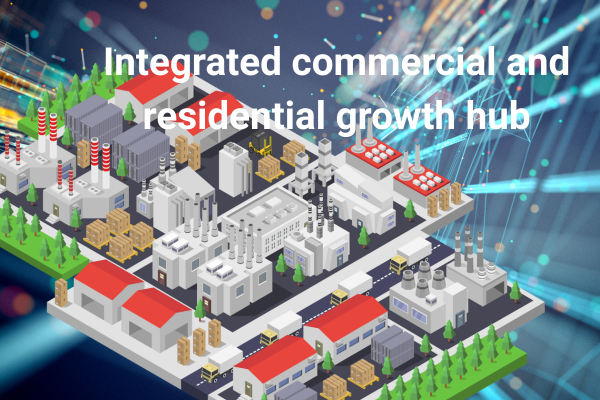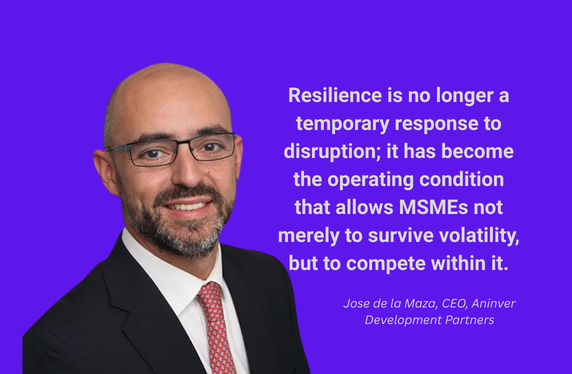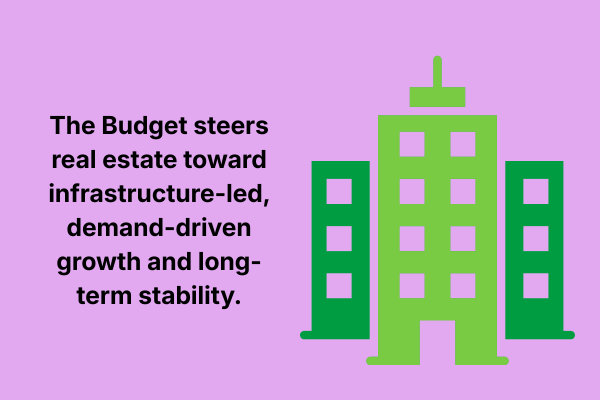Davis & Shirtliff, a renowned provider of water and energy solutions across East Africa, has joined forces with Trina Solar, a Tier-I global leader in photovoltaic (PV) modules and smart energy solutions. This strategic partnership aims to accelerate the uptake of solar power throughout the East African region.
The collaboration entails Davis & Shirtliff (D&S) distributing Trina Solar’s innovative and dependable PV solar panels across the region. Ash Pirzadeh, Regional Director for East Africa at Trina Solar, graced the event, symbolizing the commencement of this impactful alliance. The primary objective of this initiative is to advance the transition to energy systems prioritizing sustainability, energy security, and economic prosperity in East Africa.
Under this partnership, D&S and Trina Solar will spearhead educational campaigns to raise awareness about the myriad benefits of solar energy. Moreover, they will offer financing options and ensure comprehensive after-sales support and maintenance for the solar products they provide.
Henry Davis, Supply Director of Davis & Shirtliff, articulated the significance of this collaboration, stating, “By offering financing options and diversifying our product range, we aim to make solar solutions more accessible and appealing to a broader audience.” He emphasized the potential for collaborations with governmental and non-profit entities to facilitate large-scale solar projects and community engagement to tailor solutions to local needs, thereby fostering sustainable solar adoption across East Africa.
This partnership between Davis & Shirtliff and Trina Solar is poised to play a pivotal role in expanding access to solar products in East Africa, thereby contributing to enhanced energy access, economic development, and environmental sustainability in the region.
Zhao Lei, Head of Middle East & Africa at Trina Solar, highlighted the versatility and scalability of Trina solar modules, underscoring their indispensability in the transition towards clean, renewable energy sources. These modules can be deployed for various applications, ranging from powering residential, commercial, and industrial establishments to facilitating mini-grids, grid-tied power plants, water pumping, and solar street lighting. This versatility significantly bolsters sustainability, energy security, and global climate mitigation efforts.
Solar energy stands as a linchpin in Kenya’s energy transition journey, with advancements in solar technology propelling progress towards a resilient, efficient, and renewable energy future. The surging demand for sustainable and reliable energy solutions in Kenya has led to a substantial uptick in solar product adoption, particularly in rural and peri-urban areas where grid infrastructure is lacking or unreliable.
According to the World Bank’s latest Kenya Economic Update, approximately 500,000 rural homes were equipped with solar home systems by 2023, with the country selling between 25,000 and 30,000 solar panels annually.
Mr. Davis reiterated the pivotal role of partnerships in driving the solar revolution in East Africa, emphasizing innovative financing mechanisms such as pay-as-you-go solar systems, which have democratized access to solar energy, particularly for low-income households.
“As the region continues to embrace solar power, the benefits are manifold: reduced carbon emissions, improved energy access, and enhanced resilience to climate change. Solar panels are not just a symbol of progress; they are a catalyst for change, powering East Africa’s journey towards a brighter, more sustainable future,” Mr. Davis concluded.
Author Profile
Latest entries
 Business2 January 2026Rungta Tea Marks 24 Years with 92% Distributor Retention, Outlines Ambitious Expansion
Business2 January 2026Rungta Tea Marks 24 Years with 92% Distributor Retention, Outlines Ambitious Expansion Business18 October 2025Start Your Drone Business: Aquiline Drones Franchise Program for Veterans
Business18 October 2025Start Your Drone Business: Aquiline Drones Franchise Program for Veterans Doing business3 June 2025India’s Q-Commerce Growth Underscores Market-Driven Innovation: Siddharth Shankar
Doing business3 June 2025India’s Q-Commerce Growth Underscores Market-Driven Innovation: Siddharth Shankar Business15 May 2025World MSME Day: A Global Commemoration of Entrepreneurial Vitality
Business15 May 2025World MSME Day: A Global Commemoration of Entrepreneurial Vitality








